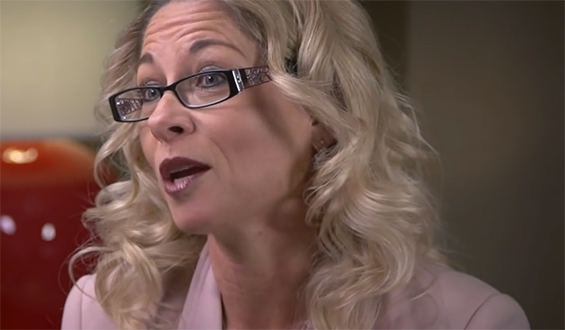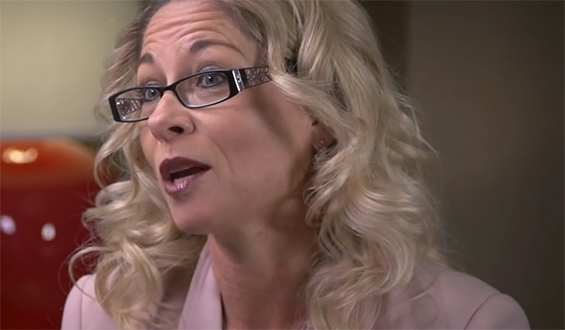 (Photo: academia.org)
(Photo: academia.org)
In the first major case that would have benefited from the late Justice Antonin Scalia’s vote, the Supreme Court reached a deadlock earlier this week on a challenge brought by public school teachers who say they should not have to pay union dues.
The case, brought forth by California teachers, challenged a state law requiring non-union workers to pay “fair share” fees into the public-employee unions. These fees are currently used to cover collective bargaining costs.
Because the court reached a 4-4 split decision, the lower court ruling previously set that sided with unions will be left in place.
The resulting vote was unexpected, with many believing the court would rule 5-4 to overturn the system that has been used for close to 40 years. However, only eight justices are left after the untimely death of Scalia, who was expected to rule in favor of the plaintiffs.
A national precedent has not been set by the decision, nor is it known how each justice voted. What it does do is uphold a decision made by the 9th U.S. Circuit Court of Appeals. The ruling applies to eight Western states including California.
The original case questioned the system currently used by 23 states in addition to the Washington, D.C., who are represented by public sector unions. Labor officials argued that if the fees were no longer required, the loss of potentially tens of millions of dollars could cause a reduction in their bargaining power for higher wages and benefits for government employees.
At the same time, teachers in California said that being forced to pay union fees violated their free speech rights as nonmembers who disagree with the positions held by the union. Lead plaintiff Rebecca Friedrichs, a public school teacher from Orange County, California, said that although she had resigned from the California Teachers Association, she was still required to pay almost $650 a year for bargaining costs.
The court had been asked to overturn the 1977 decision made in Abood vs. Detroit Board of Education, which had ruled in favor of the unions. As a result of that case, states were allowed to let public-employee unions collect fees from nonmembers in order to pay for costs associated with workforce negotiations, but their fees could not go toward any portion of the union’s political activities. Fees are allowed to be collected in over 20 states, reports David Savage for The Los Angeles Times.
The court was also split on a question concerning how the fees would be collected, writes Robert Barnes for The Washington Post.
While the court could call for a rehearing of the issue, it seems unlikely since the Senate has said they will not act on President Obama’s nomination of Judge Merrick Garland to replace Scalia, and it is unknown when the court will again have a ninth justice.
“With the death of Justice Scalia, this outcome was not unexpected,” said Terry Pell, the president of the Center for Individual Rights, the public-interest law firm that brought the case on behalf of the teachers. He said a non-decision was unacceptable.
“Either compulsory dues are an acceptable exception to the First Amendment or they are not. A full court needs to decide this question, and we expect this case will be reheard when a new justice is confirmed,” Pell said.




